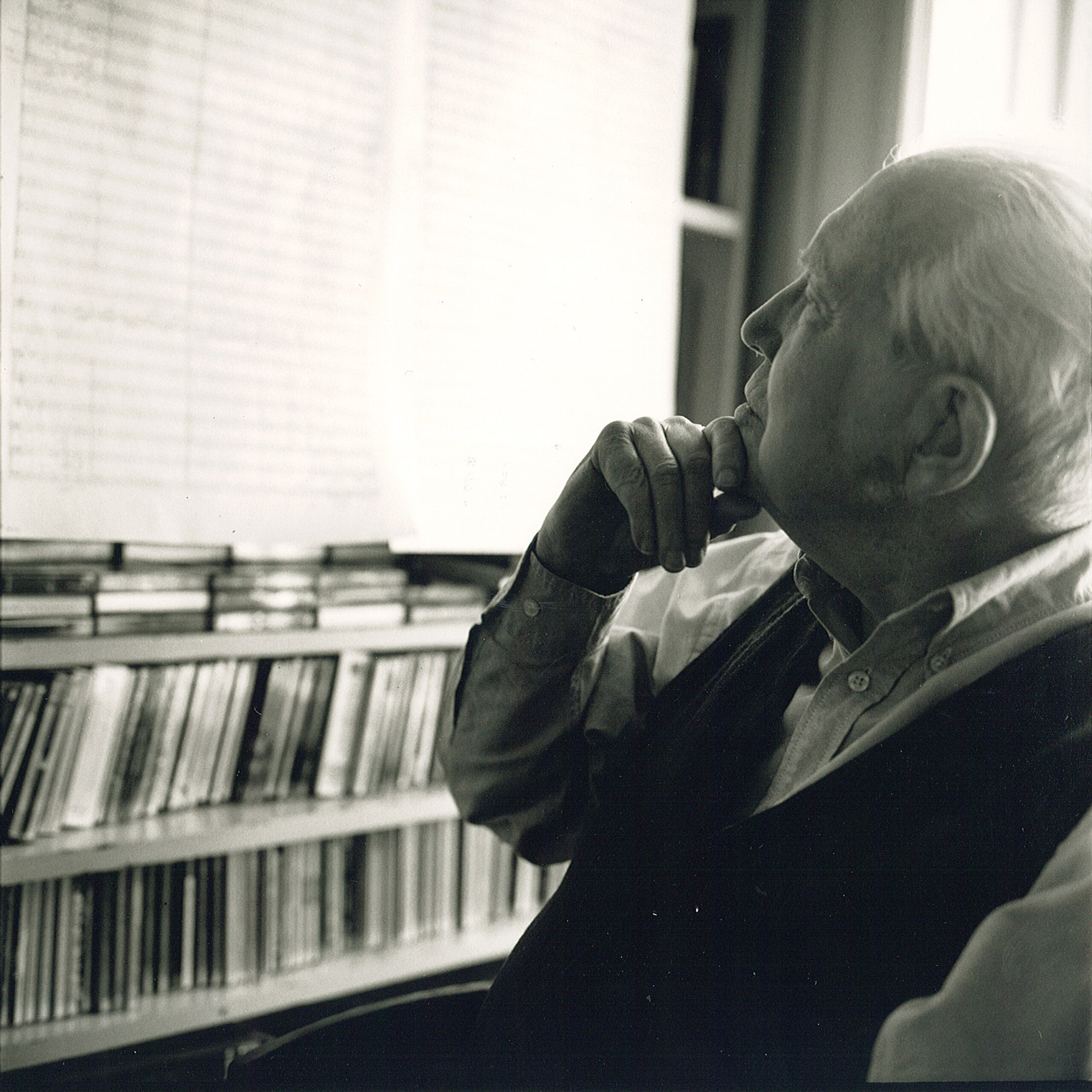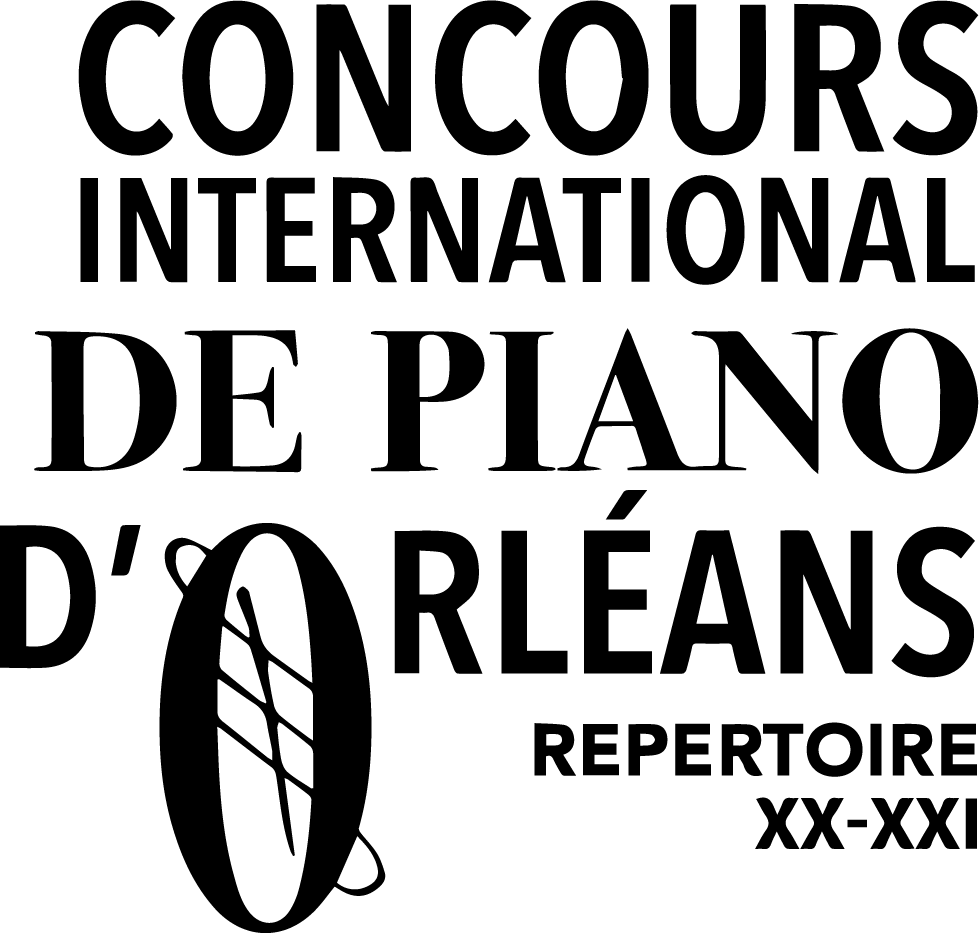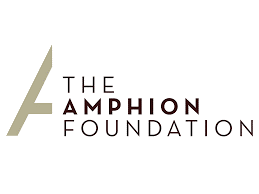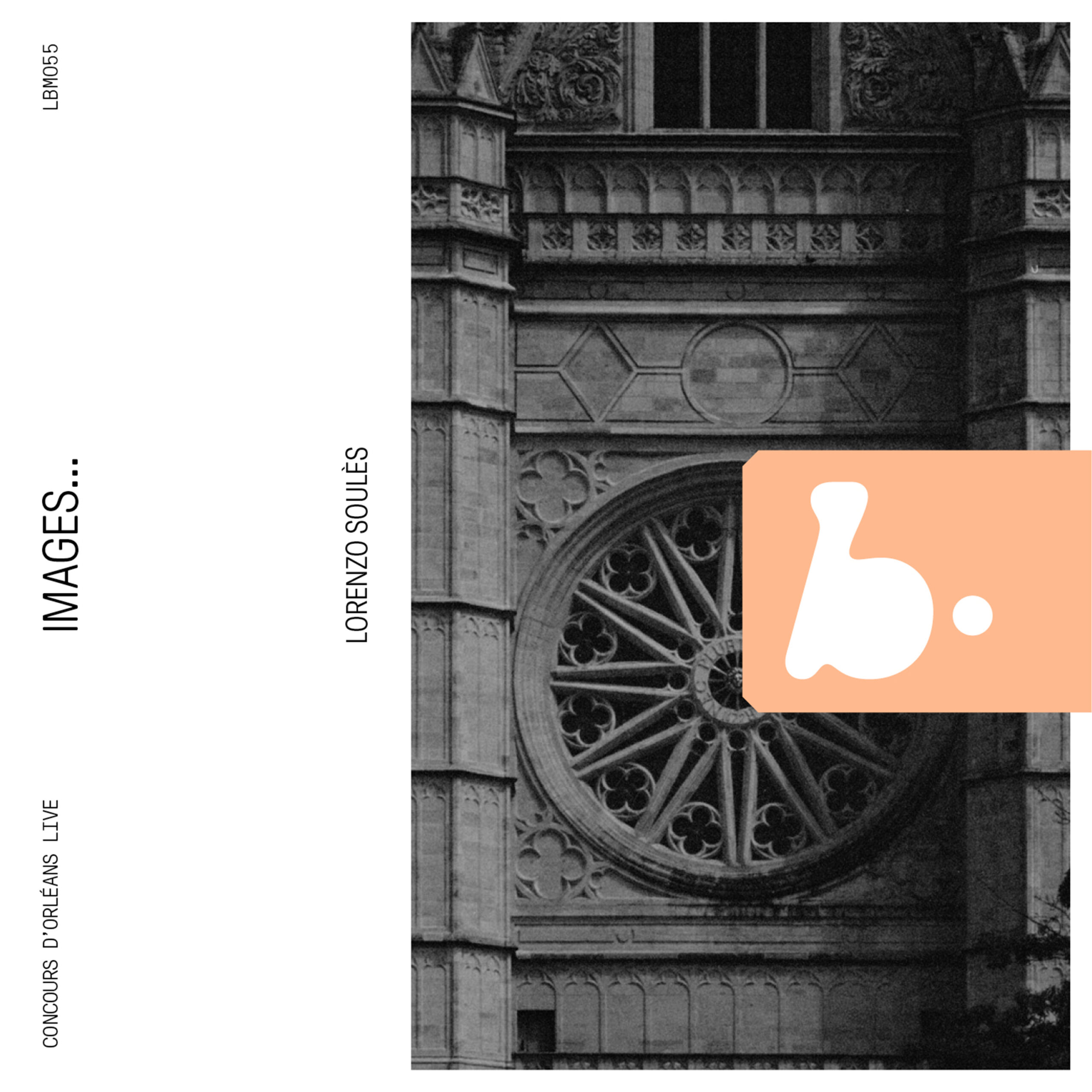2024 – Elliott Carter Prize (€ 2000)
Special Prize
20th century composers
Offered by The Amphion Foundation.
The candidates will have to choose among the following pieces:
● 90+ (5 minutes)
● Catenaires (4 minutes)*
● Two Diversions (must be performed in its entirety) (8 minutes)
● Intermittences (6 minutes)*
● Retrouvailles (2 minutes)
● Tri-Tribute (must be performed in its entirety) (8 minutes)
● Piano Sonata (must be performed in its entirety) (20 minutes)
● Night Fantasies (must be performed in its entirety) (20 minutes)
* Catenaires and Intermittences are published as Two Thoughts About the Piano. This work can be performed in full or in part.
To qualify for the Prize, candidates must perform at least 8 minutes of music. It is possible to divide these 8 minutes (or more) between the second round, the semi-final and the Final round (e.g. the candidate can play Intermittences in the second round and Caténaires in the Final round).
Twice winner of the Pulitzer Prize, the first composer to receive the United States National Medal of Arts, one of the few composers ever awarded Germany’s Ernst Von Siemens Music Prize, and in 1988 made “Commandeur dans l’Ordre des Arts et des Lettres” by the Government of France, as well as receiving the insignia of Commander of the Legion of Honor in 2012, Elliott Carter is internationally recognized as one America’s leading voices of the classical music tradition. He was a recipient of the Prince Pierre Foundation Music Award and was one of the few living composers to be inducted into the American Classical Music Hall of Fame during his lifetime. Carter was recognized by the Pulitzer Prize Committee for the first time in 1960 for his groundbreaking String Quartet No. 2, and again in 1973 for his String Quartet No. 3. Igor Stravinsky hailed Carter’s Double Concerto for harpsichord, piano, and two chamber orchestras (1961) and Piano Concerto (1967), as “masterpieces.”
Born in New York City, Elliott Carter was encouraged towards a career in classical music by his friend and mentor Charles Ives. He studied under composers Walter Piston and Gustav Holst while attending Harvard University, and later traveled to Paris, studying with Nadia Boulanger. Following his studies in France, he returned to New York and devoted his time to composing and teaching, holding posts over the years at St. John’s College, the Peabody Conservatory, Yale University, Cornell University, and The Juilliard School, among others. Carter’s prolific career spanned over 75 years, with more than 150 pieces, ranging from chamber music to orchestra to opera, often marked with a sense of wit and humor.

Elliott Carter (c) Meredith Heuer
About The Amphion Foundation:
The Amphion Foundation, Inc., founded in 1987 by Elliott and Helen Carter, was established to encourage the performance of contemporary concert music, particularly by American composers, through support to performing and presenting organizations that have demonstrated sustained artistic excellence, in addition to service organizations. The Foundation’s mission is carried out through its grant program, which has grown since its inception to encompass two rounds: a Spring round for performing ensembles and a Fall round for music service organizations, presenters, and festivals.
The Amphion Foundation has a special interest in supporting the musical legacy of Elliott Carter. The Foundation is delighted to sponsor the Elliott Carter Prize to help bring the composer’s brilliant piano works to a wider audience.
Contact us
Phone:
Address:
Head office:
46 ter, rue Sainte-Catherine
Office building:
5 place de la République
F-45000 Orléans, France
Upcoming events
Last album
© 2024 OCI Piano - Legal notices - Conception et réalisation Think Ad Communication


